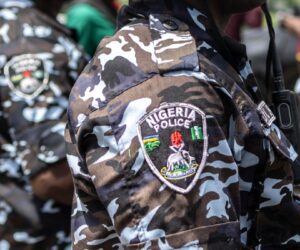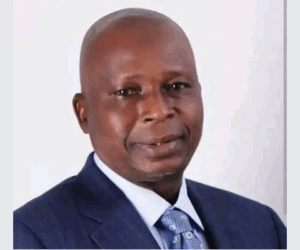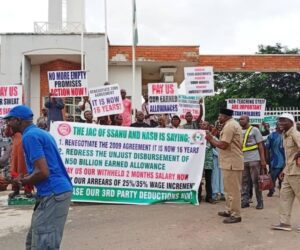The World Health Organisation (WHO) has released $500,000 from its Contingency Fund for Emergencies to support the ongoing response to the Ebola virus disease outbreak in the Democratic Republic of the Congo (DRC).
WHO Director-General, Tedros Ghebreyesus, announced this on Friday during a global health media briefing, noting that the outbreak in Kasai Province has so far claimed 16 lives, including four health workers, from 28 suspected cases.
Mr Ghebreyesus disclosed that WHO staff are already in Kasai, with more on the way, to support national health authorities.
“We’re joining rapid response teams to trace contacts and find cases, we’re collecting and testing samples, and we’re providing technical expertise in surveillance, infection prevention and control, treatment, risk communication and more,” he said.
He added that WHO has delivered personal protective equipment, laboratory equipment, medical supplies, and a mobile laboratory to the affected areas.
The agency also prepositioned 2,000 doses of the Ervebo Ebola vaccine in Kinshasa, which are now being deployed to vaccinate health workers and close contacts.
“This is the 16th outbreak of Ebola in the DRC, and the government has rich experience from those previous outbreaks,” Mr Ghebreyesus noted, while appealing to donors to provide additional funds to sustain the response.
WHO declared outbreak
The outbreak which was declared earlier on Thursday by WHO has spread to Bulape and Mweka health zones in Kasai Province, where patients presented symptoms including fever, vomiting, diarrhoea and haemorrhage.
According to WHO, laboratory tests conducted on 3 September at the National Institute of Biomedical Research in Kinshasa confirmed Ebola Zaire as the cause.
The DRC last recorded an Ebola outbreak in 2022 in Equateur Province, which was contained within three months. Kasai Province previously experienced outbreaks in 2007 and 2008.
Since Ebola was first identified in 1976, the DRC has recorded 15 outbreaks, more than any other country.
The current outbreak comes as Central and West Africa face overlapping health and humanitarian crises, including cholera, malnutrition, and widespread displacement, which could complicate control measures.
Nigeria’s preparedness
Although no cases have been reported in Nigeria, the country remains on alert given its proximity and history with Ebola.
Following a confirmed case of Sudan virus disease in Uganda earlier this year, the Nigeria Centre for Disease Control and Prevention (NCDC) announced strengthened surveillance across airports, land borders and health facilities.
READ ALSO: Ebola: Health workers affected as fresh outbreak claims 15 lives in DR Congo
The NCDC Director-General, Jide Idris, has repeatedly urged Nigerians to practise good hygiene, avoid bush meat such as bats and primates, and report unusual symptoms promptly.
Mr Idris also called on healthcare workers to maintain a high level of suspicion, isolate suspected cases, and adhere strictly to infection prevention and control measures.
PREMIUM TIMES learnt from a close source that the NCDC is working on an official public health advisory in response to the latest developments in DR Congo.











